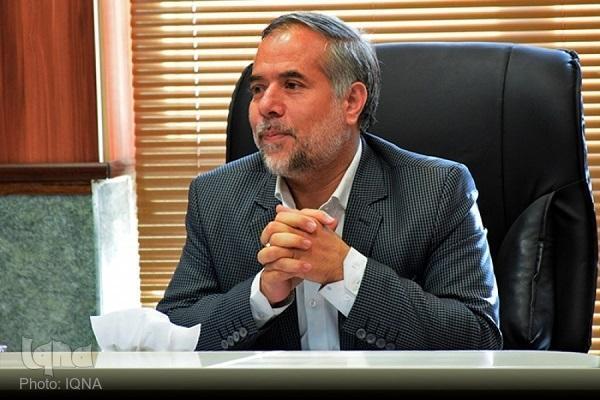Quran Interpretation a Tool to Address Social Challenges: Academic

At a recent academic seminar on “Models and Methods of Problem-Oriented Strategic Interpretation of the Quran,” held by the Research Institute for Culture and Quranic Knowledge, Professor Mohammad-Taqi Dashti of the University of Tehran said that applying this approach could help societies move closer to desired outcomes.
“Can we present the problems of society to the Quran using a problem-oriented and strategic method, and then offer its solutions to policymakers? In my view, this is possible, and I claim that we have already provided solutions for seventy issues using this method with research groups,” Dashti stated.
He explained that traditional methods of Quranic exegesis include chronological and thematic approaches. However, he argued that a problem-oriented approach goes further.
“In thematic interpretation, we ask the Quran’s view on a subject. But a problem is different from a subject. A subject may be religiosity. A problem is the decline of religiosity, which can lead to social crises,” he said.
Read More:
Dashti, who also serves as deputy head of research at Iran’s Parliamentary Research Center, stressed that this method requires neutrality. “In problem-oriented research we must not take sides. For example, if we accept that religiosity has declined in society, then we must investigate the reasons why. Another key feature is that research should not stop at diagnosis—it must provide solutions so we can move toward the desired state.”
He described the stages of this research process. Teams begin by compiling a system of issues based on national needs or expert consultations. They then examine the Quran and classical interpretations in light of the Quran’s guiding role. “The Quran’s mission is to guide humanity. It has not directly addressed every detail of social organization, such as methods of motivating employees in an institution,” he explained.
According to Dashti, research groups at the institute first select relevant issues from hundreds facing society, then refine and adapt them to match real-world conditions. The next step is to define the problem clearly through exploratory studies and brainstorming sessions, supported by evidence and data. “One of our weaknesses is that we sometimes call something a problem without proving it. But we need documents and statistics to establish that an issue truly exists and to clarify its dimensions,” he said.
Read More:
He gave the example of a governor requesting research into suicide rates in one province. “I told him that suicide is not a problem in that province because it ranks 26th nationwide. Nor is it a national problem, as Iran itself ranks around 130 globally. We must be precise in defining what counts as a societal issue,” he recalled.
Further steps include mapping the problem’s place in the Quran and authoritative commentaries, identifying how the Quran describes a healthy society, and comparing present-day issues with accounts of past communities in scripture. Statistical analysis and prior studies are then combined with Quranic interpretation to frame solutions.
“The final and most important stage is drafting solutions based on the Quran’s perspective and related research, and then presenting those solutions to the institutions that need them,” Dashti said.
4303224



